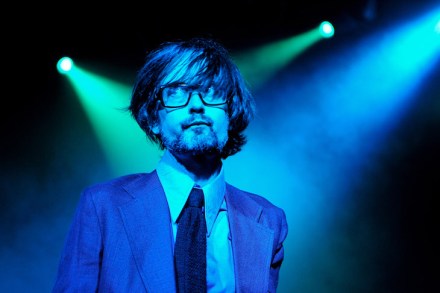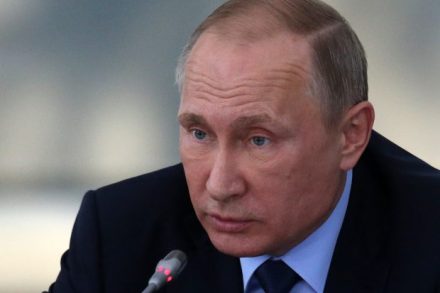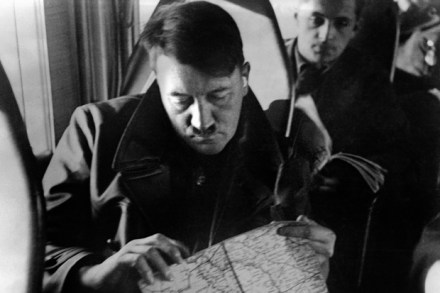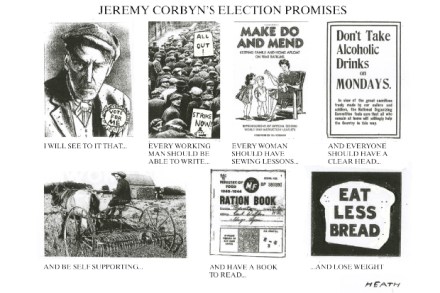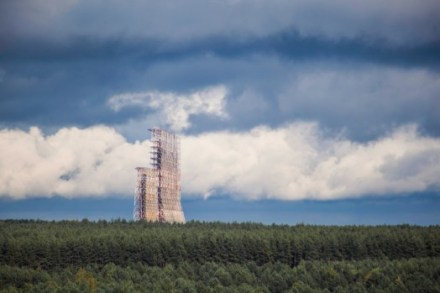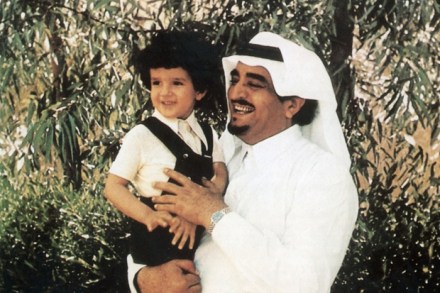Trump’s eastern front
Kiev There is no lavatory paper to be found in government buildings in Kiev. Plan ahead, locals advise, if you visit a tax office, the council or some other arm of the bureaucracy. This state of affairs is one small sign of the corruption that pervades Ukraine. Even the trifling sums spent on toilet roll are stolen by dishonest officials. Patients bribe doctors to get treatment; students bribe professors to pass exams; citizens bribe tax inspectors… actually, many people don’t bother with tax in the first place, working instead in a vast shadow economy. Two Ukrainian journalists tell me all this as we sip drinks in a surprisingly expensive Kiev


